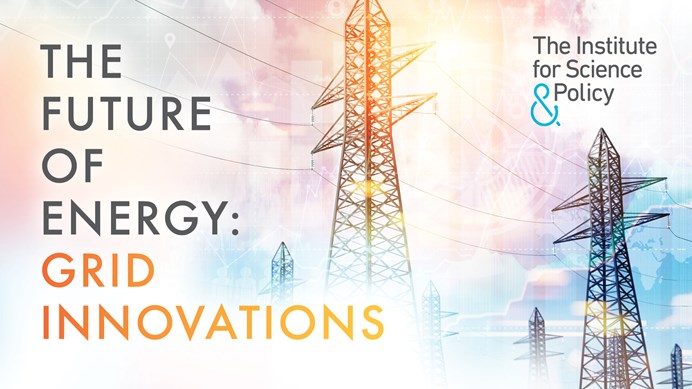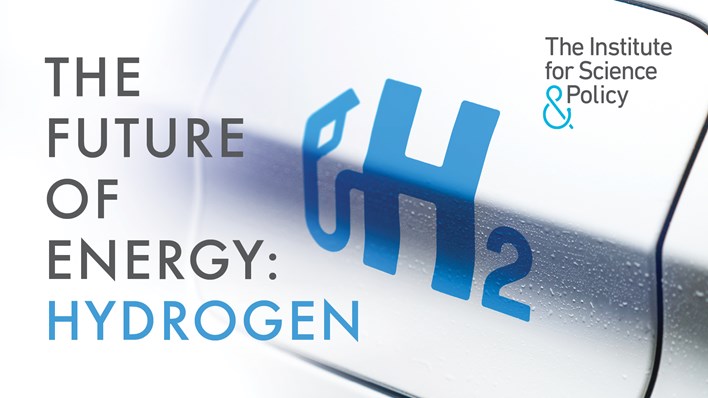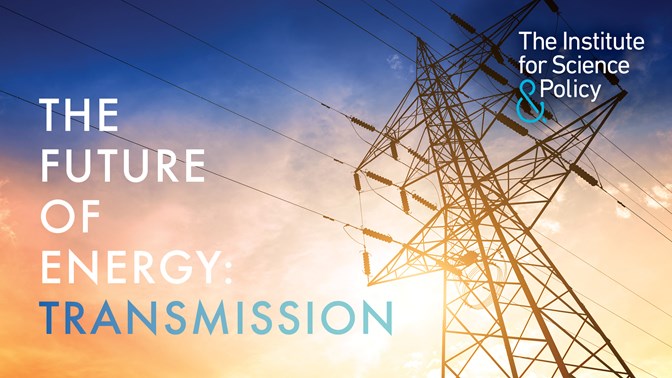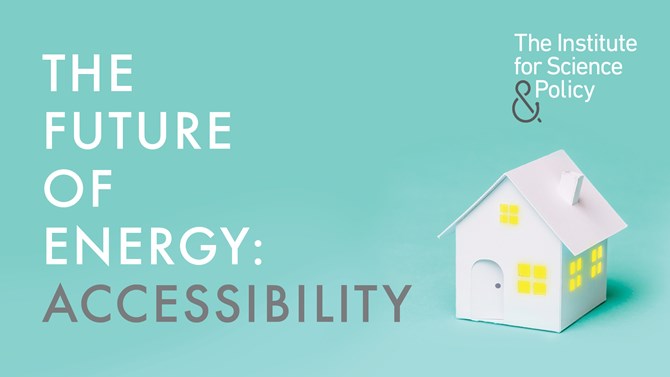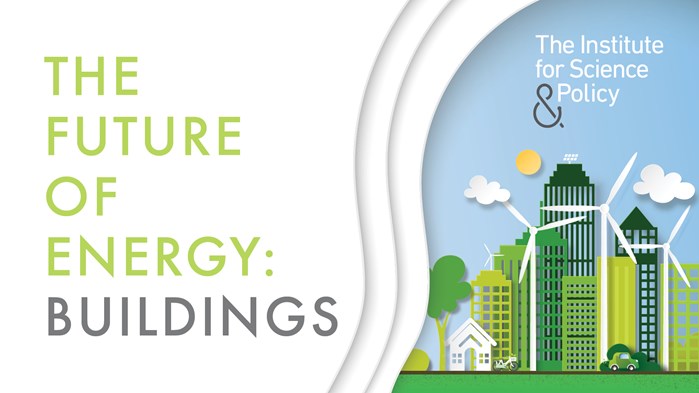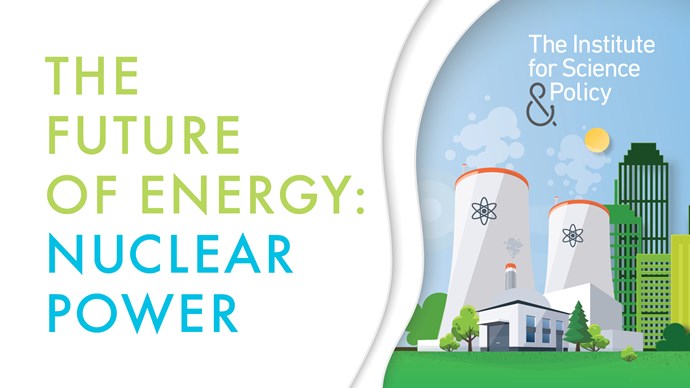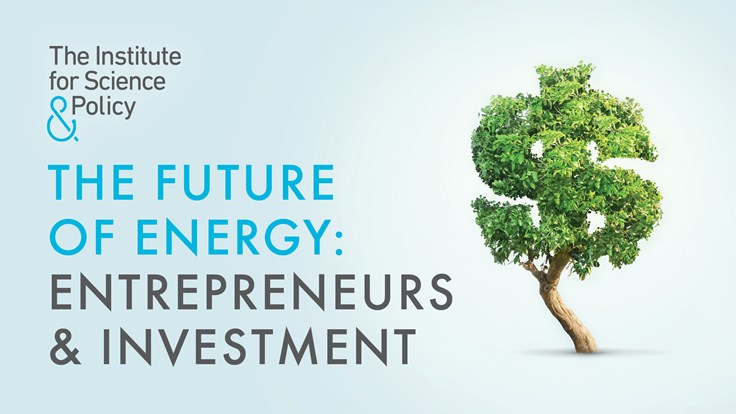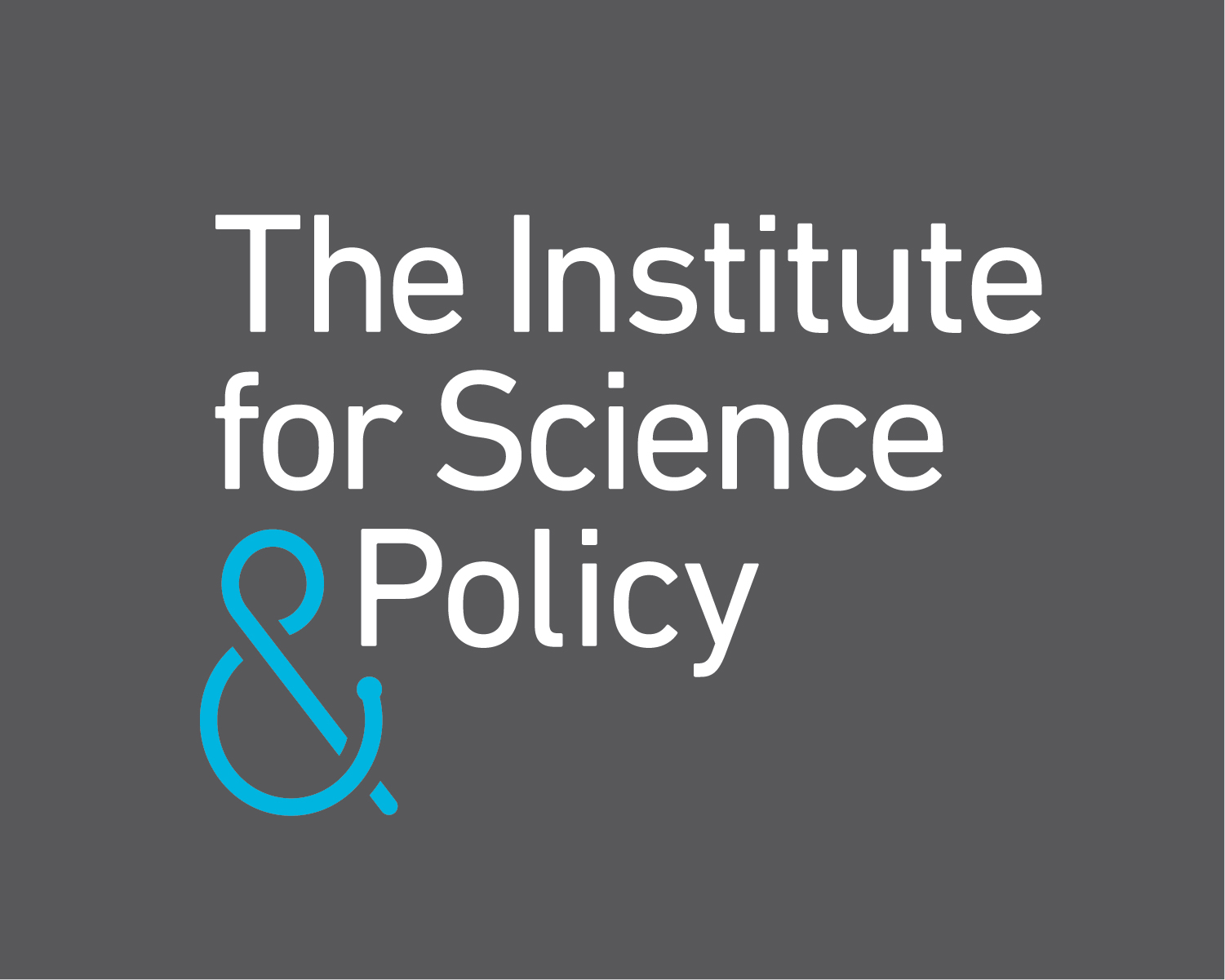The Future of Energy
Each month, we'll look at the technologies and innovators who are driving the energy transition in Colorado. Never miss an episode by signing up for our Institute newsletter.
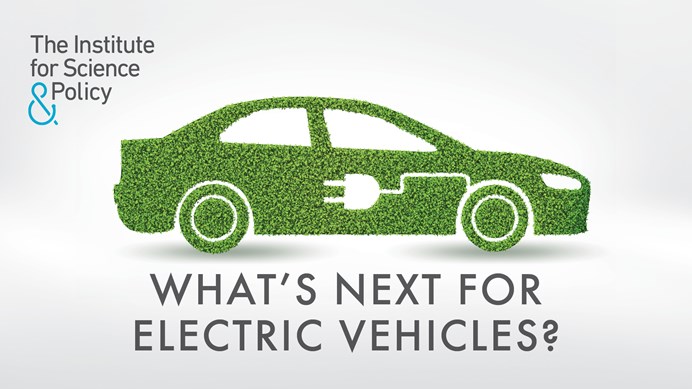
Episode 1: Electric Vehicles
Watch the full episode
The transportation sector has rapidly become one of Colorado’s leading sources of carbon emissions in recent years, accounting for nearly a quarter of all its greenhouse gases. In 2018, the state released its first-ever electric vehicle plan, outlining its goals for building out infrastructure, boosting consumer demand, and accelerating the transition to a zero-emission fleet. Meanwhile, Colorado research labs have continued their work on next-gen EV batteries and rapid charging technologies. But ongoing challenges remain due to lingering questions over cost, range, battery life, and charging station availability – not to mention the economic impact of COVID-19. So what lies ahead for electric vehicles in terms of development and widespread implementation?
Presenters: Michael King, Assistant Director of Electrification & Energy for the Colorado Department of Transportation, and Jason Quinn, Associate Professor of Mechanical Engineering at Colorado State University.
Episode 2: Grid Innovations
Watch the full episode
The architecture of America’s energy grid is evolving in new and exciting ways. As more and more renewables come online, scientists and utilities are working together to move away from older passive distribution models and instead create an active, optimized energy flow for homes and businesses. By implementing new technologies and smart building integrations, a more efficient grid can help reduce greenhouse gas emissions and create resilience throughout the system. So what does the next generation of energy production look like, and what will it mean for consumers?
Presenters: Kyri Baker, Assistant Professor of Civil, Environmental and Architectural Engineering at the University of Colorado Boulder and Bryan Hannegan, President & CEO of Holy Cross Energy.
Episode 3: Hydrogen
Watch the full episode
Hydrogen is the simplest, most abundant element in the universe and has long been studied for its ability to both carry and store clean energy. At scale, hydrogen fuel cells have the potential to reduce greenhouse gas emissions in numerous sectors, most notably transportation. Significant implementation hurdles remain, however, and the technology will need to become much more cost-effective in order to compete in the energy marketplace. Where does hydrogen research stand as of today? And what might some of the next innovations look like?
Presenters: Eric Payne, Senior Licensing Executive at the National Renewable Energy Laboratory, and Gray Byers, Program Manager for Business Innovation at Xcel Energy.
Episode 4: Transmission
Watch the full recording
When it comes to conversations around increasing renewable energy deployment in the U.S., one vital component often goes overlooked: transmission. High-voltage lines move wind and solar energy from where it is generated to where people are, but build-out has lagged behind in recent decades. Studies have found that a coordinated nationwide network - similar to the interstate highway system - could more effectively distribute clean energy dynamically across regions and time zones, mitigating the inherent variability of renewables and paving the way for deep decarbonization. Yet the notion of major transmission investment has been met with reluctance, due in no small part to concerns over cost as well as the difficulty of navigating a patchwork of state and local jurisdictions.
Presenter: Christopher Clack, CEO of Vibrant Clean Energy, LLC
Episode 5: Energy Accessibility
Watch the full episode
Colorado's ongoing energy transition isn't just about technology; it's also about people. Each year, tens of thousands of residents struggle to pay their electric bills or lack access to reliable energy. The cost of electricity remains a primary market driver and can greatly impact behaviors and attitudes toward energy. Yet most analyses agree that the state's robust decarbonization targets will rely on widespread adoption of newer, more efficient energy systems and/or costly retrofitting. How can policymakers, utilities, and businesses help make energy access more inclusive, and what does it truly mean to have a "just transition" for all?
Presenter: Jennifer Gremmert, Executive Director of Energy Outreach Colorado
Episode 6: Buildings
Watch the full episode
Buildings are crucial to our livelihood and they also offer a nearly unlimited canvas for creativity when it comes to sustainable design and innovation. Optimizing energy use in residential and commercial structures can help homeowners and businesses meet their efficiency goals while also serving as testbeds for new technology and material sciences. With global investment in green buildings increasing and consumer demand rising, what does the future hold for the built environment?
Presenters: Jamy Bacchus, Senior Associate for Building Performance at ME Engineers, Inc., and Josie Plaut, Associate Director of the Institute for the Built Environment at Colorado State University.
Episode 7: Nuclear Power
Watch the full episode
Nuclear power is perhaps the most complicated and controversial element of America's energy portfolio. Although nuclear still accounts for nearly 20% of all U.S. electricity, the technology has seen its star fall in recent years due in part to a lack of investment in expensive new plants and lingering public concerns over safety and waste disposal. Many analysts are still optimistic, however, that nuclear and its clean energy potential can be part of the climate change solution given the scale and speed at which action is needed. A new generation of smaller, more cost-effective reactor designs could help. So has nuclear truly entered its twilight years? Or is it ripe for a revival?
Presenter: Jessica Lovering, PhD, Co-Founder and Co-Executive Director of the Good Energy Collective
Episode 8: The Future of Energy: Entrepreneurs & Investment
Tuesday, April 20 at 4 p.m. MT
Register here for the free webinar
Entrepreneurial innovation is a key factor driving the energy transition. Startups in the clean tech sector have proliferated in recent decades, pushing forward with new technologies and platforms, each one hoping to upend the status quo. Venture capital and private equity investors are buying in to early stage projects to the tune of billions of dollars worldwide. Meanwhile, many corporations have started building out their own environmentally-friendly energy initiatives, hoping to align their profitability with climate action and consumer sentiment. With such a rapidly changing landscape, where does the potential lie for the next great disruption, and how will public policy adapt?
Our Future of Energy series continues on Tuesday, April 20 as we welcome Seth Terry, CEO of New Day Hydrogen, LLC, for a conversation about energy and entrepreneurialism. We'll cover the challenges of building out infrastructure and creating market demand for new products, then assess clean energy investment opportunities post-COVID-19 and much more. Audience members are invited to submit their questions in advance or live during the broadcast for potential inclusion in the discussion.
The Future of Energy webinar series is presented by the Institute for Science & Policy and the Denver Museum of Nature & Science. The episode will also be livestreamed on Facebook and YouTube.
Disclosure statement:
The Institute for Science & Policy is committed to publishing diverse perspectives in order to advance civil discourse and productive dialogue. Views expressed by contributors do not necessarily reflect those of the Institute, the Denver Museum of Nature & Science, or its affiliates.

